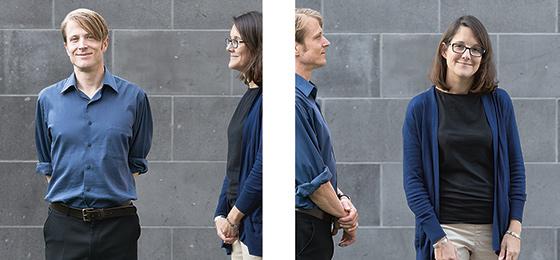Should we stop manipulating the human germline?

In China, the new CRISPR/Cas method has been used to manipulate the human germline for research purposes. But shouldn’t researchers everywhere respect the human germline until more is known about the possible ramifications?
(From "Horizons" no. 107, December 2015)Genetically modifying the germline is banned today in Switzerland and in many other countries. We know almost nothing about the efficacy and the safety of such interventions, and still less about the long-term effects – intended or otherwise. The experiments with human embryos in China demonstrate just how crude the technology still is. Only in four of 86 cases did the genetic manipulation succeed on a molecular level, and even they were only partially successful. Most of them displayed genetic abnormalities. On the basis of these results, we shouldn’t expect to be applying this technique in the near future.
On the other hand, humans suer from many genetically determined diseases, and
we are constantly uncovering more of the genetic causes. How are we supposed to
fight these? One possibility is pre-implantation diagnostics. The Swiss federal parliament would like to allow its use in certain cases. Pre-implantation diagnostics – in other words, examining the embryo before it is implanted in the mother – cannot always prevent disease. There’s little to be done, for example, if both partners carry the same genetic defect or if several genetic defects are present at the same time. Another possibility, which we should consider in this light, is a genetic correction to the germline.
We have to learn how eectively and how safely we can manipulate genes in the
human germline, and we have to find out whether this is better than other therapies. It’s a contradiction in terms to demand that we wait until we know more, yet at the same time to place a moratorium on research. If we want to know more, we have
to carry out research. We shouldn’t put a brake on it, but promote it within a basic set of conditions. For example, it could be restricted to research for the purpose of
healing diseases.
Would this mean opening up a doorway to the genetic improvement of human beings, like some people fear and others hope? I’m convinced that humankind has to face
up to such questions, and that we have to regulate the application of these technologies. These discussions are necessary, and they will be all the more successful, the better we know the possibilities and the boundaries of manipulating the germline.
Dieter Egli is an assistant professor at Columbia University in New York. He took his doctorate at the University of Zurich and has carried out research into therapeutic cloning.